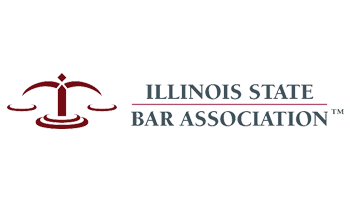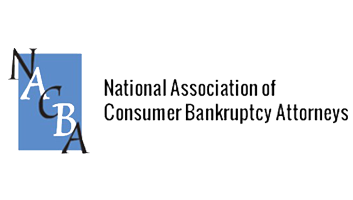Bankruptcy FAQs for Kane County Residents Seeking Relief
Insights from a Trusted Kane County Bankruptcy Attorney
Do you have questions or concerns regarding bankruptcy and your eligibility to file a bankruptcy petition? If so, it is important that you know that you are not alone and at Hipple Law P.C., we stand ready to ensure that our clients receive the best possible resolution to their financial situation. We have 20+ years of experience assisting our clients, and we may be able to help you as well.
Below, we have compiled some of the most commonly asked questions regarding bankruptcy and we encourage you to read through them. If you are still seeking answers or have a specific question you would like answered, contact Hipple Law P.C., and speak with a bankruptcy lawyer today!
Understanding Chapter 7 Bankruptcy: Key Facts
In Chapter 7 bankruptcy, you can often avoid repaying many unsecured creditors, and keep secured assets, such as your home and vehicles. However, there is a risk that any non-exempt assets and property may be sold or liquidated by the Trustee to help repay debts. This chapter of bankruptcy often applies to people who are in serious financial troubles but have limited net income, according to the means test. You need to qualify for Chapter 7 through a bankruptcy means test, which Hipple Law P.C. can explain to you.
Exploring Chapter 13 Bankruptcy: What You Need to Know
Chapter 13 bankruptcy allows debtors to consolidate their debts through a court-approved payment plan. In this type of case, you do not usually risk loss of any assets. However, you plan payment could be higher if you have significant assets that are not exempt. To determine if consolidation is the right course of legal action to take for you, contact Hipple Law P.C. today.
Will I Need to Attend Court for My Bankruptcy?
With any legal paperwork that you file, the likelihood of going to court is possible; however, most bankruptcy complications are managed without having to step foot into a courtroom. Having an experienced attorney representing you often results in no regular court appearance except for a meeting with the Trustee.
Do I Need to Include All My Debts in My Bankruptcy Petition?
It is important that you list all your debts as of the date your case is filed on your bankruptcy petition, to ensure that you will receive a discharge of debts at the conclusion of the case.
What Does a Discharge of Debt Mean for Me?
After your bankruptcy has been completed, any remaining balance on unsecured debts should be discharged (with a few exceptions such as student loans, income taxes, and domestic support) and you will no longer be responsible for repaying the remaining balance. A discharge is usually permanent unless a lender or trustee disputes discharge.
Understanding the Automatic Stay in Bankruptcy
The moment you file for bankruptcy, an automatic stay will be in effect. The automatic stay is a very powerful provision in federal bankruptcy law that protects debtors from creditor collection activities. The automatic stay can stop all foreclosure attempts, halt all creditor harassment and collections and can even reverse repossessions and wage garnishments.
Can I Safeguard My Home During Bankruptcy?
Yes! If you are facing foreclosure, or you are worried that foreclosure may be imminent, filing for bankruptcy can save your home. When you file, all foreclosure processes must cease and you can usually remain in your home, until the issue of your continued property ownership is resolved in your bankruptcy case.
Get in Touch with Hipple Law P.C. for Assistance!
With offices located throughout the Chicagoland area, we are perfectly situated to assist consumer debtors in our community. For more than three decades, our law firm has been the preferred choice for representation in Kane County, Cook County, DuPage County, Lake County, Will County, and other surrounding areas. No matter your location, we are ready to get to work for you.
To learn how working with a bankruptcy lawyer can help you, contact Hipple Law P.C. by calling our number (847) 787-7179 today and schedule a free case evaluation with our talented team!





